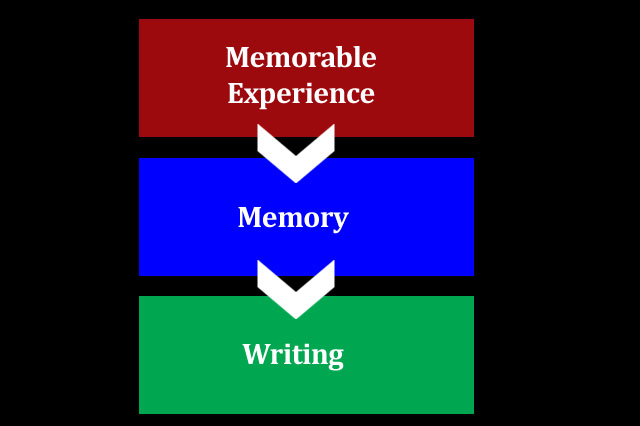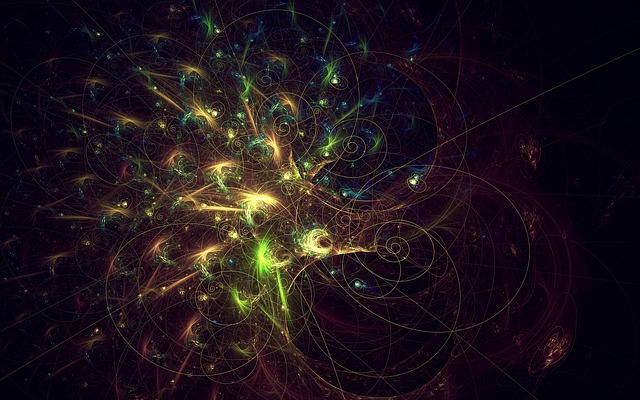Note: the following article on the concept of the Uncanny Valley is a modified excerpt (pp. 161-162) from my doctoral dissertation, “Time is Everything with Him”: The Concept of the Eternal Now in Nineteenth-Century Gothic, which can be downloaded (for free) from the repository of the Tampere University Press. For a list of my other academic publications, see here.
The Uncanny Valley: from Robots to Monsters
The term “Uncanny Valley”, coined by the robotics researcher Masahiro Mori, refers to the hypothesis that there is a sharp drop (a “valley”, when imagined as a graph) in feelings of empathy and familiarity inspired by non-human entities as these become more human-like in appearance, manners, and movement (Liu 2010, 225).
So, a figure that is almost but not totally human-like, will inspire a more uncomfortable feeling than a figure that is more clearly artificial. The concept of the Uncanny Valley is highly relevant in the field of robotics and digital technology.
However, as its name implies, it also shares commonalities with Freud’s research and is pertinent in Gothic studies as well.


